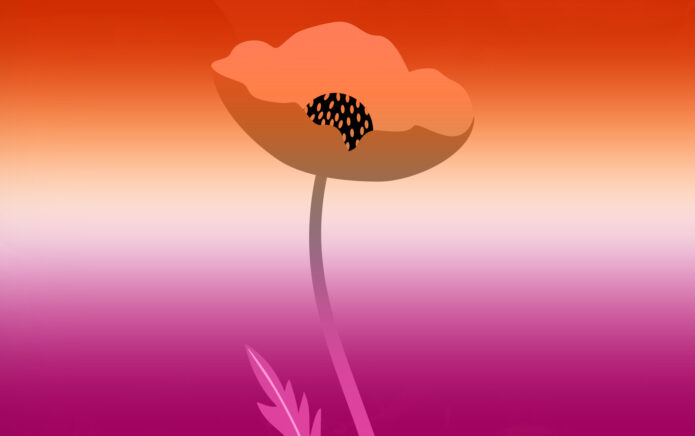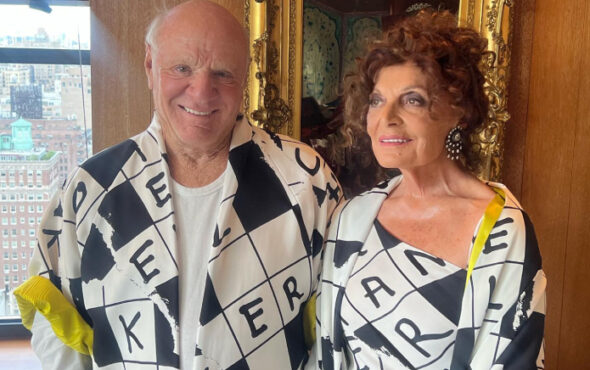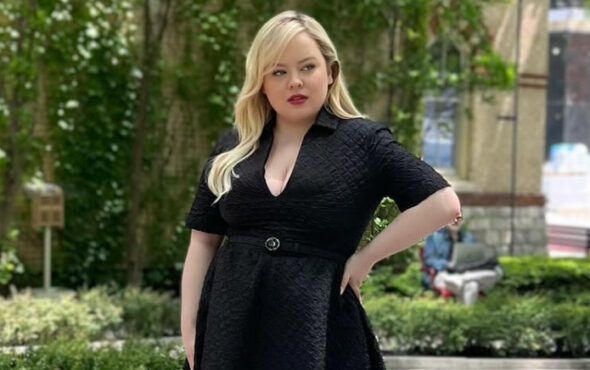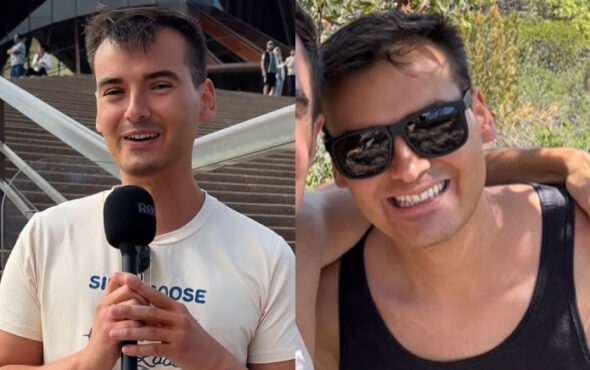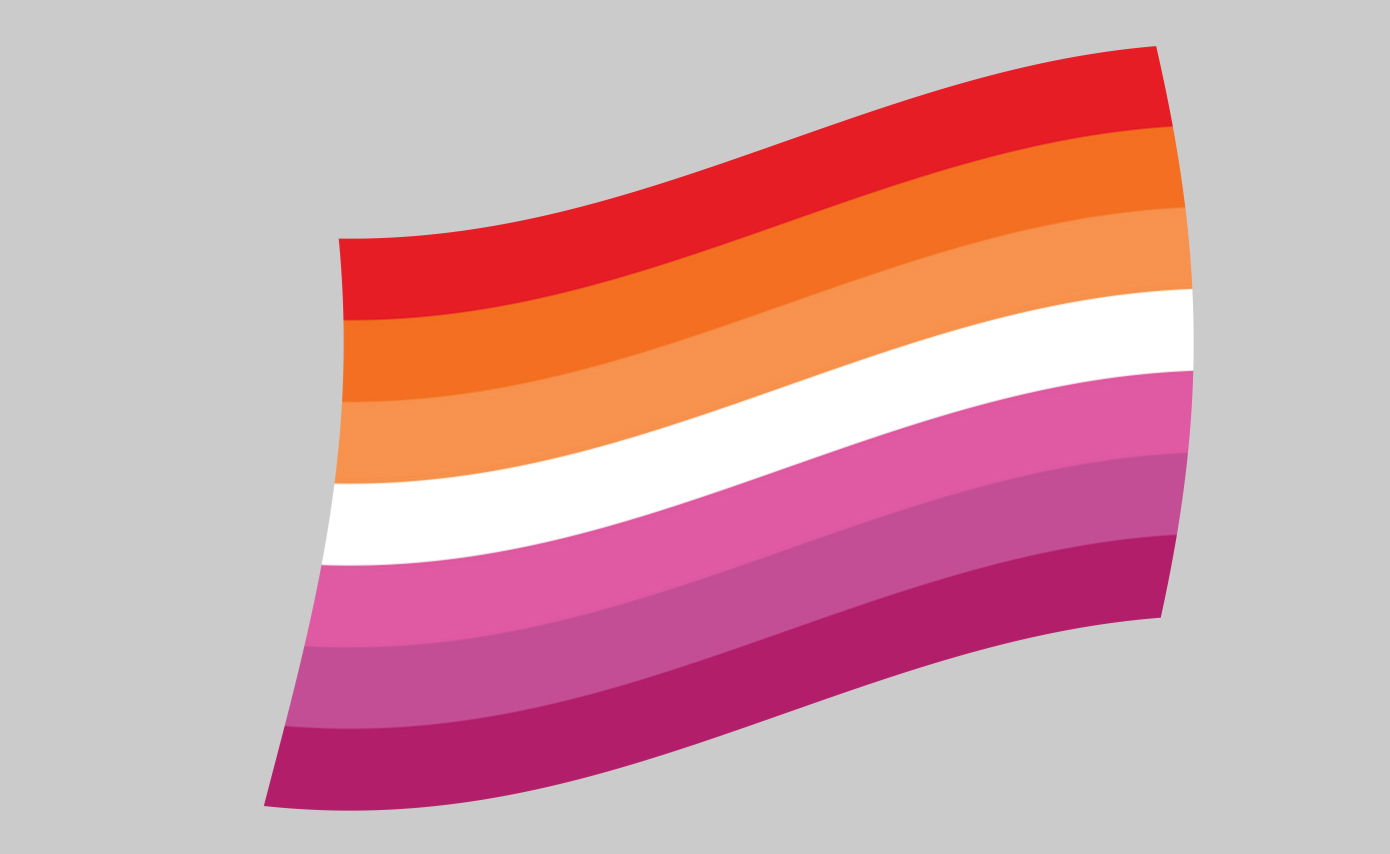
Nancy Kelley is the Executive Director at DIVA and a Director of the Trans Solidarity Alliance. She is an award-winning LGBTQIA+ and human rights campaigner. From 2020 to 2023, Nancy was the CEO of Stonewall and prior to that, the Deputy Chief Executive at the National Centre for Social Research.
Lesbian Visibility Week runs from 21 to 27 April, with Lesbian Visibility Day on 26 April. It was great chatting to Nancy about the issues faced by LGBTQIA+ women.
I began by asking Nancy why Lesbian Visibility Week is important?
Lesbian Visibility Week is important, because it’s an opportunity to really focus on the experiences, the needs, the talents of LGBTQIA+ women and non-binary people. It’s still the case that our experiences, needs and talents are not recognised, seen or attended to even within the LGBTQIA+ community. This year is particularly exciting because we’re focusing on celebrating rainbow families, in all the forms they take – from our chosen family to LGBTQIA+ women and non-binary people having children, or looking after parents.
It’s an opportunity to celebrate LGBTQIA+ women and non-binary people’s families and also fight for equity. One of the things we’re doing this year is focusing on removing discrimination in family formation, in areas like access to IVF. It’s still the case that in England and Wales we can be forced to pay for thousands of pounds of private healthcare to access IVF, that a straight couple could access without private care. It’s great to be focusing on our families and the place they have in this world.
Are the rights of LGBTQIA+ women and non-binary people being rolled back in the UK?
It is definitely the case that the rights of trans women and trans people generally are under threat. For example, access to healthcare for trans and non-binary children and young people, which has been almost completely blocked in the UK, but also access to gender-affirming healthcare for trans adults where there is a huge waiting list. There’s enormous pressure around trans inclusion. There are court cases all the time trying to limit trans and non-binary people’s ability to access spaces that feel comfortable for them, or to participate fully in society. We should all care about this because trans and non-binary people deserve our solidarity and also because we know the LGBTQIA+ community stands and falls together.
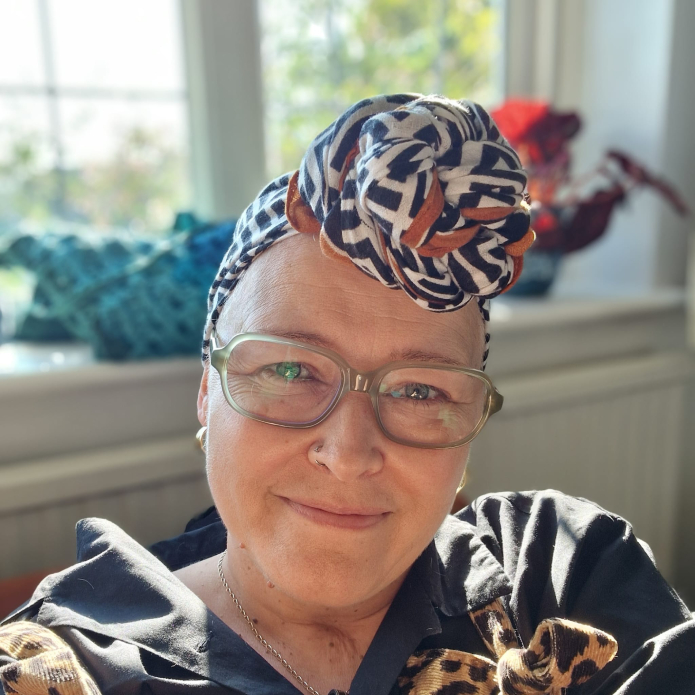
How have disabled queer women been impacted?
The starting point is that LGBTQIA+ women and non-binary people are more likely to be disabled than their peers. Around a third of us have a disability and many of us have disabilities that have a significant impact on our day-to-day lives. The government is bringing forward policies that implement enormous cuts in disability benefits, cuts for people whether they work or not. Those cuts are going to impact hundreds of thousands of people, including huge numbers of people in our community, and we know that they are going to push many people into poverty.
It’s really important for all of us to fight back, to be talking to our MPs and to be talking publicly about our opposition to those cuts. Sometimes we can think of LGBTQIA+ justice and disability justice as separate, but they’re not. Disability rights and LGBTQIA+ rights are deeply interwoven. As a disabled queer woman myself, I feel passionately about the need for us to be vocal in our opposition about balancing the Budget on the backs of disabled people.
What are you looking forward to most this Lesbian Visibility Week?
This Lesbian Visibility Week, I look forward to seeing LGBTQIA+ women and non-binary people talking about their families in all the forms they take. Our ability to build a family and have that family respected has always been such a huge and often painful part of our stories. Being able to see and hear LGBTQIA+ women and non-binary people talking about and celebrating our families and talking about the families that we have will always bring a smile to my face. It lifts me, to see LGBTQIA+ and non-binary women talking about the beautiful lives they have been able to build.
